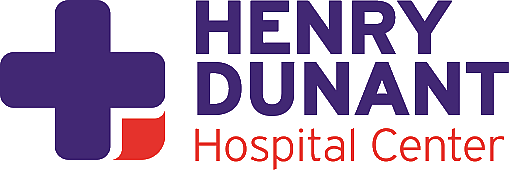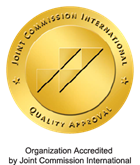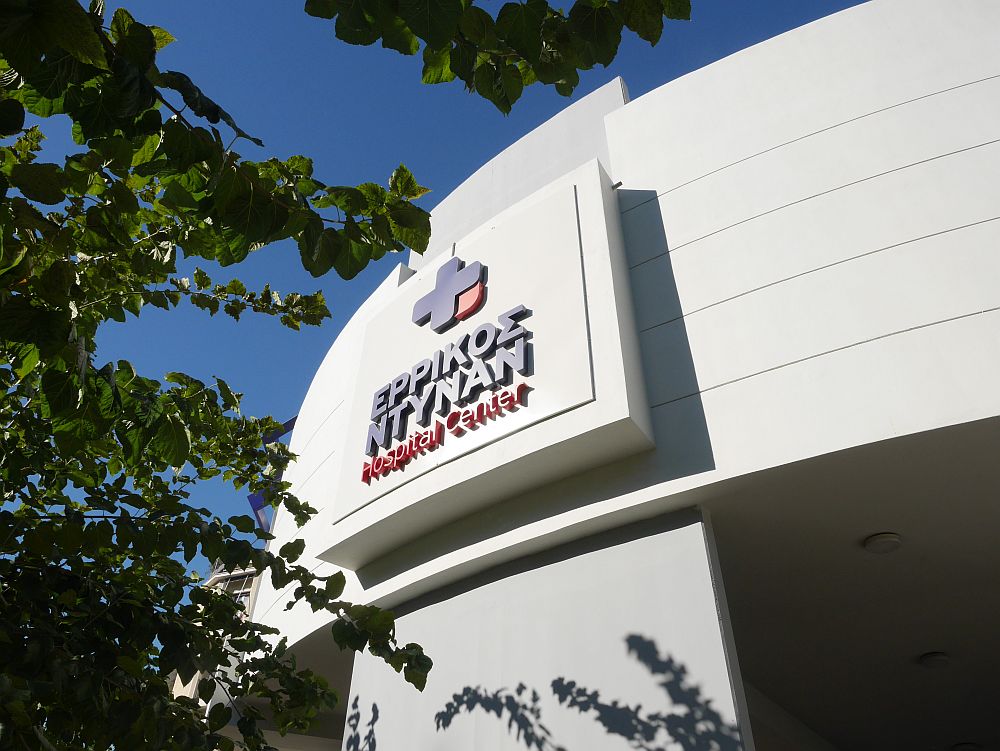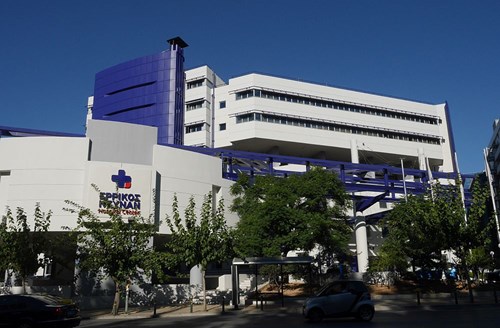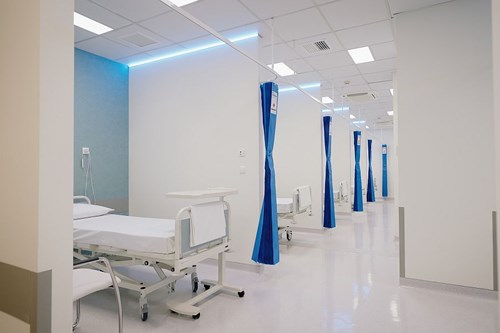Nikolaos Kollias
Director of Commercial Development Marketing & Communication Division, Henry Dunant
* This article was published on aagora.gr on 7/11/2024 https://aagora.gr/n-kollias-kostos-stin-idiotiki-ygeia-mythos-kai-pragmatikotita/
The charges of private hospitals and the associated increases in health insurance premiums have become a heated topic of public debate lately, especially among insurance professionals. For a matter that touches on decent care—a good that is valuable for everyone—coupled with the soaring cost of living for families in Greece today, it is worth taking a clear look at the conditions that shape the problem, as well as the specific proposal of each health services organization.
In Europe, the main health challenges are the ageing population and long-term conditions that remain untreated.
The pandemic and the subsequent energy crisis, with its consequences for the global economy, have exerted enormous inflationary pressures on our country also. In addition, the acute shortage of nursing and medical staff, which is now a global phenomenon, the rapid developments in the field of biomedical technology, leading to continuous investments, have led to the need to find new solutions, such as the creation of new types of models that support the creation of value in healthcare (Value-Based HealthCare).
In recent years, private hospitals have been heavily targeted in our country and blamed as the main cause of the 14% increase in health insurance premiums imposed by insurance companies.
The insurance companies, claiming that there is an oligopoly in the sector, argue that the higher rate of increase is mainly due to the high cost of care in private hospitals.
Private hospitals, respectively, point out that, apart from the general challenges mentioned above, in our country there are market distortions, such as the Rebate & Clawback, which still exists without the application of quality criteria. Moreover, the significant burden on the health sector resulting from the sharp increase in VAT cannot be ignored, as rates have increased from 0% —before the crisis and the memoranda— to 24% today. It is worth mentioning that in other European countries, the rate ranges from 0%-8%.
Moreover, private hospitals, having absorbed the highest rate of inflation in recent years, are now claiming that an oligopoly is being created in the insurance sector.
It has been argued internationally that the solution lies in Value-Based HealthCare, i.e. on linking reimbursement with the quality of services provided. In the Greek market, however, apart from DRGs, which will indeed bring substantial changes, the problem can be reduced by alliances - partnerships between insurance companies and hospitals that meet quality criteria.
Henry Dunant is leading this effort, as it has entered into strategic partnerships with major insurance companies in the sector, separating itself from the competition.
Currently, Henry Dunant is the only way out/option for insurance companies, as it designs and implements agreements as a special contracted hospital.
By applying a pricing policy that is up to 50% lower than the competition over time, it aims to strengthen cooperation with insurance companies and has already succeeded in getting large insurance companies to adjust their cover preferentially, as it is considered more cost-effective to accept a small charge than to be charged double the cost of hospitalization in competing hospitals. In several cases, at Henry Dunant, participation in contracts with a deductible of up to €1,500 is zero.
The above trend is expanding, as insurance companies respectively adjust the percentage of coverage in group policies when the insured is hospitalized at Henry Dunant (90% compared to 60% or 50% in other treatment centers - clinics). These steps are certainly in the right direction to maintain the existing policies, with a significantly reduced loss ratio.
At a time when competition is withdrawing or drastically reducing the benefits offered to policyholders, Henry Dunant is actively supporting patients. It maintains the benefits offered unchanged, such as unlimited free visits to medical specialists and free diagnostic tests at the Emergency Department. Similar benefits apply to the Regular Outpatient Clinics. The provision of special benefits is part of Henry Dunant’s partnership with Insurance Companies and involves no extra costs for either insurers or insured persons. Instead, it is an incentive to make the “right” choice for the insured.
Henry Dunant has invested in creating insurance awareness by introducing, for the first time in the industry, the role of Medical Insurance Operation Manager, so that the Hospital can control the charges itself. Moreover, by creating an independent Emergency Department, it has succeeded in sorting patients based on medical protocols, reducing unnecessary hospitalizations, which initially burden the hospital and insurance companies, but ultimately also the patient-insured person.
Henry Dunant is leading a new era, always patient-centered. It invests in renewing its biomedical equipment with state-of-the-art machines, including a DaVinci robotic system and the PET/CT. Another strategic decision is to partner with reference physicians, setting quality characteristics as the main selection criterion.
In addition, the Gold Seal of Approval (Joint Commission International) ranks Henry Dunant among the 640 accredited hospitals in the world, a symbol of quality that reflects its commitment to providing the safest and most effective care to its patients.
